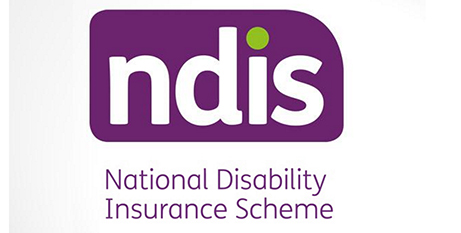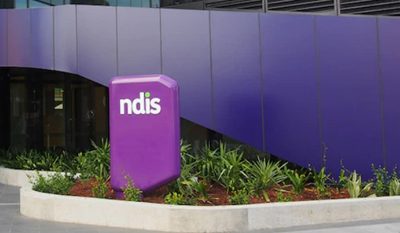
The federal Government faces a difficult fight to tighten eligibility rules for the National Disability Insurance Scheme, but has pledged to work with disability advocates and the states following the passage of major reform legislation on Thursday night. Source: AFR.
Even as NDIS Minister Bill Shorten heralded progress on the long-anticipated legislation, West Australian Premier Roger Cook said the states had signed on to the plan “reluctantly”, as they faced being left behind by a deal with the Coalition in Canberra.
Mr Cook said he was “absolutely concerned” the federal Government could seek to unfairly force the cost of services for childhood autism onto the states, as it looks to keep growth in the NDIS budget to 8 per cent per year.
National Cabinet will begin difficult negotiations about the so-called foundation supports for autism and developmental delays in December.
Implementing recommendations of the Government’s independent review, the laws that passed the Senate will save as much as $16 billion from the rapidly growing scheme. It currently cares for about 661,000 people and enrolment numbers are forecast to grow year by year.
Automatic top-ups of participant plans that run out of funding for care will be stopped under the changes, and services never intended to be included, including for sex work services, will be banned.
Moves to limit access to the NDIS are sure to spark more tension with the disability community and further pressure state-federal negotiations over explosive growth.
The states have agreed to roll out services for children with autism and other developmental delays in schools, childcare and health systems.
“We’re going to work to develop clarity about eligibility and access to the scheme,” Mr Shorten said.
“Our aim is do it in conjunction, concurrently, with the development of supports for people outside the scheme.”
The NDIS is growing at about 20 per cent per year and has become one of the single largest budgetary challenges for the Albanese Government, alongside interest on government debt.
Just a decade old, it already costs more to run per year than the aged care system ($36 billion), Medicare ($32 billion), federal government funding for hospitals ($30 billion) and the pharmaceutical benefits scheme ($20 billion).
FULL STOY
NDIS eligibility fight looms for Labor (By Tom McIlroy, AFR)






